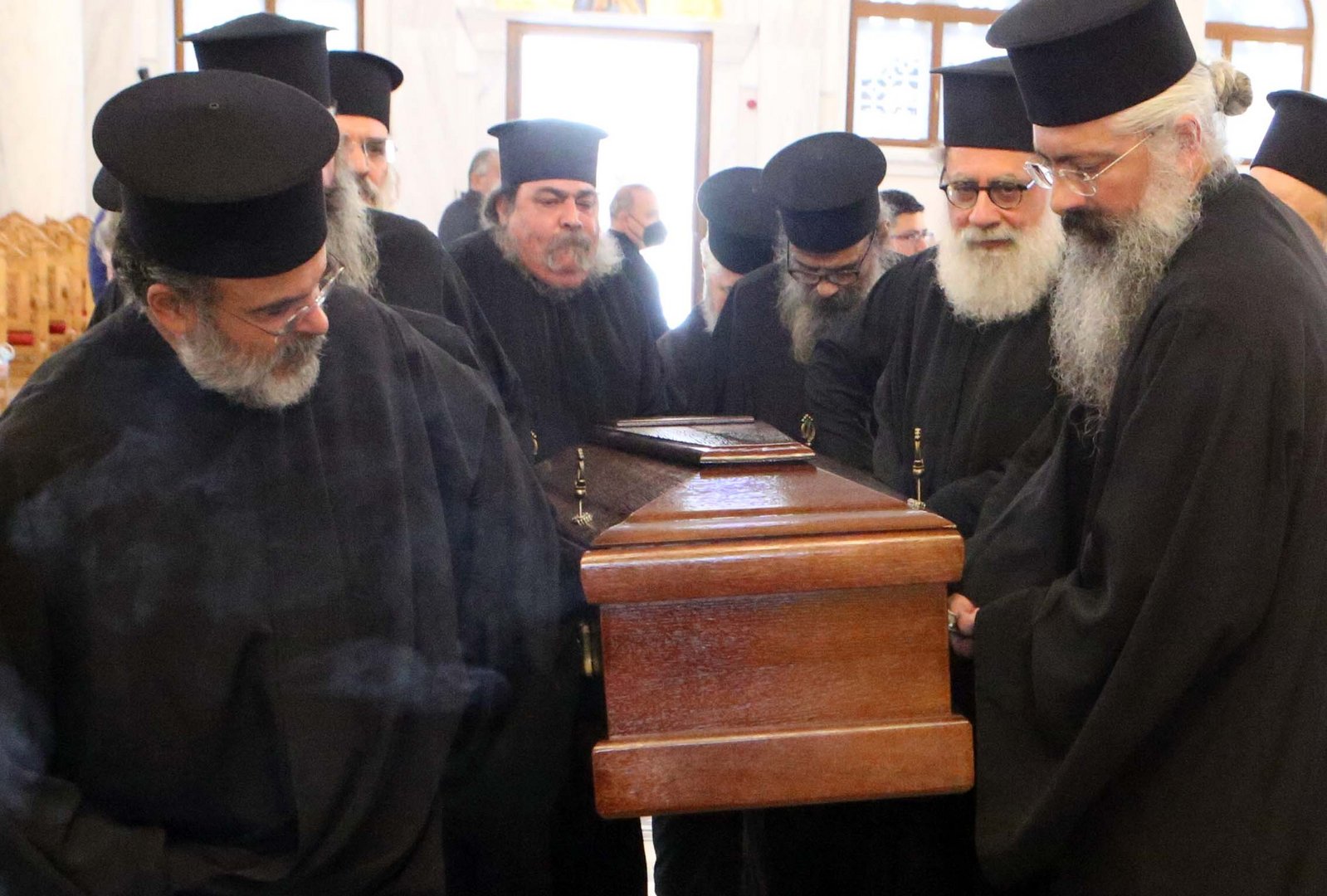Although about 60 senior clerics are eligible to contest the throne of the archbishop, vacated after the passing of Chrysostomos II, in practice the race will come down to six or seven individuals.
To contend, clerics must fulfill four conditions: they must be celibate, over the age of 35, hold a degree in theology from an accredited institution, and have ministered for at least 10 years.
The top contenders are said to be the bishops of Limassol, Tamassos, Konstantia, Morphou, Kyrenia and Karpasia. Other pundits include Bishop of Paphos Georgios, currently the caretaker of the Church of Cyprus.
On Sunday, the Reporter news outlet will publish an opinion poll showing which Church figures are favourites to become the next archbishop.
A survey carried out this summer had given Limassol Bishop Athanasios a firm lead – around 17 percentage points ahead of the second, Bishop of Tamassos Isaias.
Athanasios is seen as a top contender, his popularity among the faithful extending beyond the confines of his district. However, this by no means guarantees success, as the process takes place in two stages.
In the first stage, the public votes for their cleric of choice. Once the ballots are counted, the top three clergymen become the official nominees for the position – a kind of ‘triumvirate’. The Holy Synod convenes to ratify the results and, in the event of a tied vote, it decides by lottery.
Prior to the popular vote, and unlike civilian elections, clerics may not formally submit a candidacy. Rather, if they are not interested in the office, they make this known to the public. By not declaring an absence of interest, eligible clerics indicate to the public that they are in fact interested.
Voters will be handed a sealed ballot, on which they will write the name of the cleric they support.
Next, three days from the ratification of the ‘triumvirate’, the Holy Synod will reconvene for the purpose of its electing a new archbishop.
The three finalists – assuming they happen to be members of the Holy Synod – can likewise vote and can vote for themselves. Success therefore largely hinges on the forging of alliances within the body.
The entire process should take under two months following the vacating of the archbishop’s throne. Speaking to the Cyprus News Agency on Tuesday, theologian Theodoros Kyriacou predicted that “before Christmas we shall have a new archbishop.”






Click here to change your cookie preferences